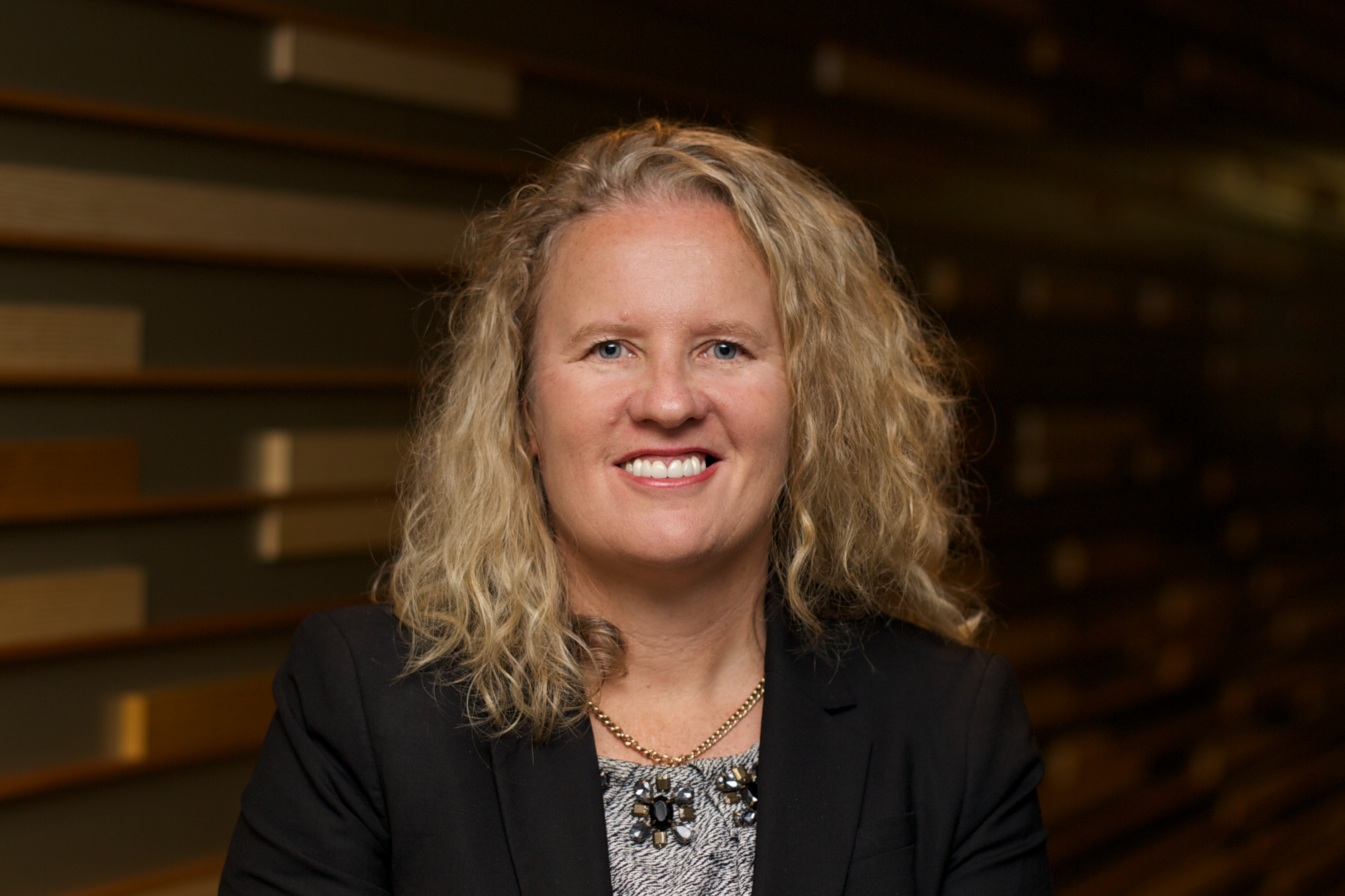Senior Public Sector Auditor to Lead IAASB Consultative Advisory Group
James R. Dalkin has been appointed as the incoming Chair of the Consultative Advisory Group (CAG) to the International Auditing and Assurance Standards Board (IAASB), effective April 1, 2017.
His appointment, approved by the Public Interest Oversight Board (PIOB),* follows his election by representatives of the IAASB CAG.**
The CAG is an independent body comprising regulators, preparers, international investor and user groups, and other stakeholders with an interest in international auditing and assurance. It provides strategic and technical advice in the public interest to the IAASB. Mr. Dalkin will play a key role ensuring the CAG’s views are included in the IAASB’s deliberations.
“I am honored to be elected by my CAG peers as the group’s new chair at a time of great change and opportunity for the profession,” Mr. Dalkin said. “The 32 organizations represented on the CAG have a critical interest in seeing the development of the best possible audit and assurance standards. I look forward to working with CAG representatives to ensure the IAASB clearly hears the advice from end-users of the IAASB’s standards and guidance.”
Mr. Dalkin is a Director in the Financial Management and Assurance Team with the United States Government Accountability Office (GAO) and is also an observer to the Committee of Sponsoring Organizations of the Treadway Commission Advisory Board (COSO). He has been an IAASB CAG representative since 2013, and has previously served as a board member of the American Institute of CPAs’ Auditing Standards Board.
At the GAO, Mr. Dalkin directs work to develop and maintain government auditing standards (the Yellow Book); internal control standards for the US federal government (the Green Book); and the GAO’s work with the accounting and auditing profession. He is also responsible for the audits of the US Securities Exchange Commission and the Federal Deposit Insurance Corporation and is an adjunct professor at Georgetown University.
“James’ extensive public sector auditing experience, and demonstrated leadership driving transparency, accountability, and serving the public interest make him ideally suited to articulate the views of end-users in the IAASB’s work,” said Prof. Arnold Schilder, IAASB Chairman. “As we continue to focus on enhancing audit quality, the CAG’s advice—under James’ leadership—remains critically important to the standard setting process. I thank him, and his CAG colleagues, for their work, which clearly supports the IAASB’s public interest mission.”
About the IAASB CAG
The CAG comprises a diverse mix of 32 Member Organizations** including, user groups, regulators, financial executives, international public interest organizations and other professional bodies such as lawyers, valuation experts and actuaries with interests in, or related to audit and assurance. The CAG is an integral and important part of the IAASB's formal process of consultation, and Representatives of CAG member organizations provide the IAASB advice on numerous areas, including the IAASB’s agenda and project timetable (work program); its technical projects; and other matters of relevance to the IAASB’s activities. The Public Interest Oversight Board (PIOB) oversees the work of the CAG, and the roles and responsibilities of the CAG Chair are approved by the PIOB.
About the IAASB
The IAASB develops auditing and assurance standards and guidance for use by all professional accountants under a shared standard-setting process involving the Public Interest Oversight Board, which oversees the activities of the IAASB, and the IAASB Consultative Advisory Group, which provides public interest input into the development of the standards and guidance. The structures and processes that support the operations of the IAASB are facilitated by the International Federation of Accountants (IFAC). For copyright, trademark, and permissions information, please go to permissions or contact permissions@ifac.org.
*The PIOB
Established in 2005 as the oversight board for the global accountancy profession, the PIOB oversees the International Auditing and Assurance Standards Board, International Ethics Standards Board for Accountants, the International Accounting Education Standards Board, and their CAGs, as well as IFAC’s Compliance Advisory Panel, with the objective of increasing the confidence of investors and others that their activities are properly responsive to the public interest. PIOB members are nominated by international institutions and regulatory bodies.
**IAASB CAG Members Organizations and Observers
- Accountancy Europe
- Associação Brasileira de Instituições Financeiras de Desenvolvimento
- Basel Committee on Banking Supervision
- BUSINESSEUROPE
- CFA Institute
- European Commission
- European Federation of Accountants and Auditors for SMEs
- Financial Executives Institutes International
- Gulf States Regulatory Authorities
- Information Systems Audit and Control Association
- Institute of Internal Auditors
- International Accounting Standards Board
- International Actuarial Association
- International Association of Financial Executives Institutes - Asian Region
- International Association of Financial Executives Institutes - Europe, Middle East, and African Region
- International Association of Insurance Supervisors
- International Bar Association
- International Corporate Governance Network
- International Organization of Securities Commissions
- International Organization of Supreme Audit Institutions
- International Valuation Standards Council
- Islamic Financial Services Board
- Japan Securities Dealers Association
- National Association of State Boards of Accountancy
- Organisation for Economic Cooperation and Development
- Sri Lanka Accounting and Auditing Standards Monitoring Board
- United Nations Conference on Trade & Development
- World Bank
- World Federation of Exchanges
Observers
- Financial Services Agency, Japan
- International Monetary Fund
- US Public Company Accounting Oversight Board




